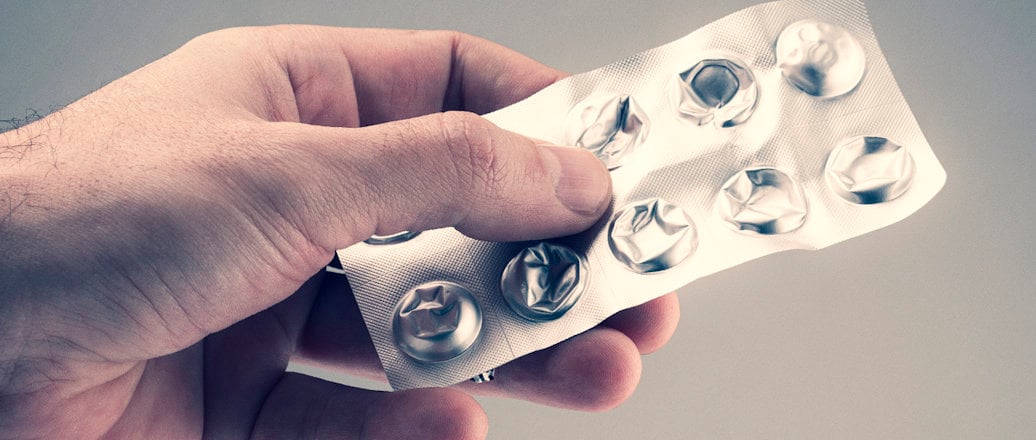Aluminium is a part of evolution
Aluminium is the third most common element in the earth crust after oxygen and silicon. Humans have, in other words, evolved and lived in an aluminium-rich environment since the beginning of man. This also means that we’re well adapted to this element and we’re exposed to aluminum in many ways, every day.
Avoid over-exposure
When aluminium is absorbed in the body, it’s carried through the bloodstream to the kidneys, where it’s quickly discharged. The exception is patients with kidney failure, where aluminium may accumulate and cause a toxic effect. However, this is a well-known problem among doctors who administer aluminium-free water for dialysis.
Also, just like many other elements and compounds in our modern way of life, sustained over-exposure may lead to negative health effects. Studies on animals show that bone abnormalities or nervous system problems occur when exposed to high doses of aluminum.
In that respect, it’s important to point out that there is no scientific evidence suggesting that normal exposure to aluminium has any negative effects on a healthy person. On the contrary, aluminium provides great health benefits by providing a safe barrier to bacteria and contamination in food preservation. Also, aluminium compounds increase the effects in vaccines and medicines, and aluminium sulfates are used to purify water.
In short: Normal everyday exposure to aluminium is safe as long you don’t have kidney failure or are subjected to prolonged over-exposure, especially from the air.
Sources for aluminium
Today, aluminium is almost omnipresent in our modern everyday lives. We use it in everything from household items such as ceramics, paper, light bulbs and glass to medications, paints, explosives, and fuel additives.
Food
Aluminium is a natural content in fruit and vegetables, and this represent the biggest source of our intake. In Europe, the daily intake is estimated at 3-10 milligrams, which is well inside the barrier for over-exposure. Aluminium from saucepans, cooking utensils, cans and foil has little or no impact in our daily intake (< 0.1 mg).
Water
Aluminium is a natural component in water and we also use aluminium sulfate to efficiently purify water supplies. On average, water represents less than 1% of our daily intake of aluminium.
Medicines
People have used aluminium compounds for medicinal purposes since the ancient Greeks, who used it as an astringent, for example to stop bleeding. Today, we use aluminium compounds to make vaccines more efficient and aluminium hydroxide is inter alia used to treat stomach ulcers.
Cosmetics
Aluminium salts are generally used in cosmetics for deodorants because of their anti-perspirant properties. Aluminum may also be present in cosmetic colors and thickening agents.
Updated: 2 March 2021
